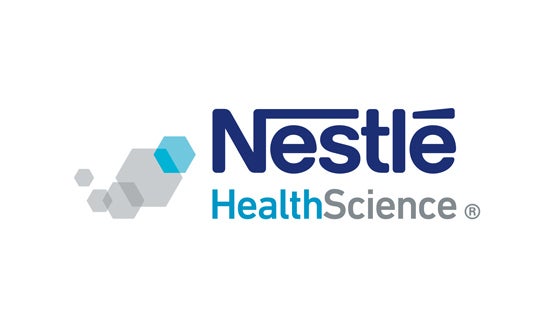
Nestlé Health Science and GE Healthcare announce collaboration to help improve nutrition monitoring for critically-ill patients
Epalinges, Switzerland, 6 October 2015 – Nestlé Health Science and GE Healthcare are announcing a collaboration to improve nutrition monitoring for patients in intensive care units (ICU). The collaboration aims to connect the technology that delivers nutrients to the patient with the advanced analytic technology that measures the specific nutrition a patient needs. This will enable an integrated approach to help clinicians deliver more targeted and optimal nutrition plans to patients in ICU. This approach is based on three key elements: GE Healthcare’s CARESCAPE Respiratory module and ICU patient data management system (PDMS) to help determine patients’ individual nutrition needs and Nestlé Health Science’s enteral feeding pump (Compat Ella®) with PDMS connectivity for real-time enteral nutrition dose tracking.
Despite nutritional support being part of the standard of care for ICU patients, a study conducted in 167 ICUs across 37 countries showed that patients in the ICU receive only 59% of the prescribed nutrition plan.1 This caloric deficit was associated with an increase in ventilator days, complications and length of stay in the ICU2, while greater nutritional intake received during the first week in the ICU was associated with longer survival time and faster physical recovery up to 3 months.3
Michel Gardet, Global Business Head for Medical Nutrition at Nestlé Health Science Medical Nutrition says, “Nutrition intervention is critical in improving patient outcomes. We believe that an integrated nutrition monitoring approach, harnessing advanced technology coupled with our enteral feeding pump Compat Ella®, can be a real step change for nutrition care of critically-ill patients.”
“Intensive Care Units are critical units in hospitals. It’s where proper delivery of care is a matter of life or death, and clinicians need to make sure they always make clinically optimal decisions” added Didier Deltort, Global General Manager, GE Healthcare Monitoring Solutions. “With this collaboration, we are looking to help clinicians better assess, monitor and optimize nutrition for critically ill patients, a key aspect that can impact the length of their recovery. This combination of ICU equipment with data analytical tools is an example of GE’s digital industrial approach, where software and hardware together offer the potential for improved outcomes.”
Jan Wernerman, MD PhD Professor of Intensive Care Medicine at Karolinska University Hospital, Stockholm, Sweden, who will be chairing one of the symposia organized by Nestlé Health Science and GE Healthcare at ESICM 2015 says “Delivering the right nutrition to ICU patients plays a critical role. Every patient is different. By better understanding the level of energy the single patient is consuming, clinicians will be able to prescribe targeted nutrition plans. This could reduce complications for patients and their stay in the ICU.”
About GE Healthcare
GE Healthcare provides transformational medical technologies and services to meet the demand for increased access, enhanced quality and more affordable healthcare around the world. GE (NYSE: GE) works on things that matter – great people and technologies taking on tough challenges. From medical imaging, software & IT, patient monitoring and diagnostics to drug discovery, biopharmaceutical manufacturing technologies and performance improvement solutions, GE Healthcare helps medical professionals deliver great healthcare to their patients. For more information about GE Healthcare, visit our website at www.gehealthcare.com.
References
1 - Alberda C, Gramlich L, Jones N, et al. The relationship between nutritional intake and clinical outcomes in critically ill patients: results of an international multicenter observational study. Intensive Care Med 2009; 35:1728 – 1737.
2 - Villet S, Chiole ro RL, Bollmann MD, et al. Negative impact of hypocaloric feeding and energy balance on clinical outcome in ICU patients. Clin Nutr 2005; 24:502–509.
3 - Wei X, Day AG, et al. The Association Between Nutritional Adequacy and Long-Term Outcomes in Critically Ill Patients Requiring Prolonged Mechanical Ventilation: A Multicenter Cohort Study. Crit Care Med. 2015 Aug;43(8):1569-79.
